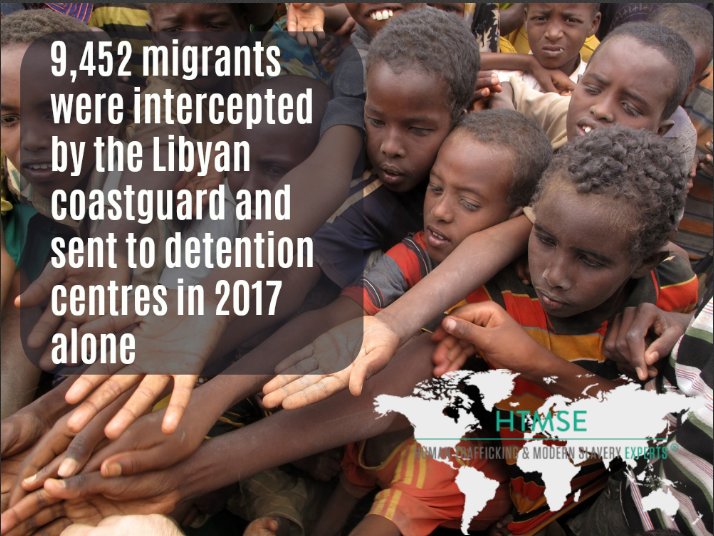
Tag: Modern slavery
Modern slavery in the car wash industry

The untimely death of a Romanian worker at a car wash in London in circumstances of exploitation earlier this year sparked several raids, and drew international attention to what had been a largely overlooked issue. Since then, the Car Wash Advisory Service has noted that only 1,000 out of an estimated 19,000 car washes in the UK observe regulatory requirements, including payment of minimum wage and appropriate working conditions.
The victims, male migrant workers trafficked from Romania and Albania, are lured to work in UK car washes by working agencies in their home countries promising wages permitting remittances to their families, and appropriate working conditions. In reality, they are paid well below minimum wage, housed in dilapidated and overpopulated accommodation often at the site of the car wash, and frequently abused by their traffickers. In addition, workers face inhumane working conditions and are exposed to dangerous corrosive substances, which present a serious threat to their health. There are reported instances of passport confiscation, and threats used based on the workers’ immigration status. Often unfamiliar with the English language and threatened with deportation by their traffickers, workers are deterred from alerting the relevant authorities. Even in the rare instances when modern slavery is identified by the police, victims are reluctant to support prosecutions, fearing retribution or the loss of their wages.
Despite the recent wave of media attention, several instances of abuse and labour exploitation in car washes remain unreported. This is because the car washing industry is largely fragmented and lacks regulatory oversight. For this reason, customers can – and must – take a crucial role in identifying modern slavery in car washes by ensuring workers use and are provided with protective equipment, such as gloves and appropriate boots. However, customers’ most effective tool in the fight against modern slavery is common sense, the key question being whether or not the price paid for any given service is sufficient for the car wash to operate for a profit while paying minimum wage. If not, customers must be quick to take action and alert the authorities to what is most likely a business profiting from human exploitation.
Qatar’ Labour Law Reforms – A Leap Forward?
Widely known as the site for the 2022 World Cup, Qatar has come under the limelight in recent months due to increasing reports of exploitation and abuse of its 2 million migrant workers. Following global criticism and the recent legal challenge brought by the Netherlands Trade Union Confederation in Swiss courts against FIFA, Qatar has been driven to change its legal landscape for the better.
In August of this year, Qatar enacted for the first time a new law protecting the rights of domestic workers. Among other protections, the law guarantees a maximum 10-hour workday, weekly rest days, annual leave entitlements and end-of-service payments. Another noteworthy development is that employers are since required to provide written contract outlining the job, working conditions and salary details. Despite remaining silent as to enforcement mechanisms, the law was celebrated by organisations such as Human Rights Watch.
Earlier this month, the government of Qatar and the International Labour Organization agreed to develop a three-year programme of technical cooperation with a view to end the kafala sponsorship system which ties workers to their employers, preventing them from changing jobs or leaving the country without prior written authorisation. The agreement also encompasses the improvement of labour inspection and occupation safety and health systems, as well as encouraging the organisation and representation of workers. In addition, Qatar has not only pledged to improve the Wage Protection System – ensuring workers are paid on time and arrears are settled systematically – but announced its intention to introduce a minimum wage. These efforts have been complemented by Qatar’s signature of 36 yet undisclosed worker-protection bilateral agreements with countries on which it relies for the provision of foreign workforce, and its approval of a draft bill to set up a support fund for migrant workers.
The timely Qatari concessions were made shortly before the ILO was due to decide whether to launch an official commission of inquiry to investigate the abuse of migrant workers. Whilst it is hoped that the agreement reached by the UN and Qatar will spur another wave of positive changes in Qatari law, whether or not the ILO’s recent decision to drop their case against Qatar on the basis of promises alone was a sensible conclusion remains to be seen.